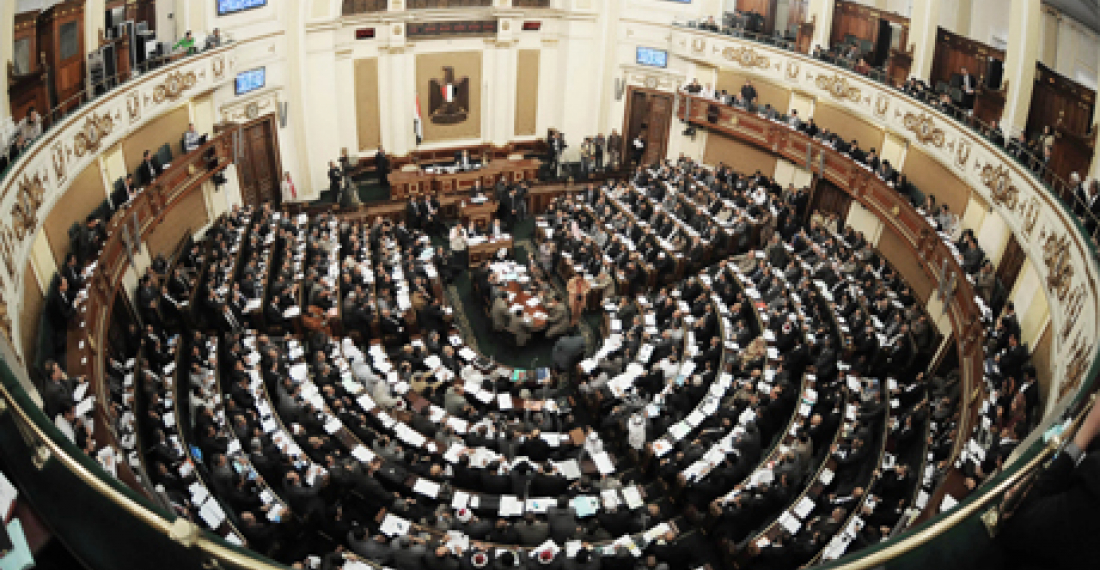The parliament of Egypt ratified on Tuesday a deal on comprehensive partnership and strategic cooperation with Russia. This was one of the last acts of the present parliament which was dissolved later in the day,
The ten-year Egypt-Russia economic and military cooperation agreement was signed in Sochi in October 2018. It aims to reinforce cooperation between Egypt and Russia in the economic, investment, political and military areas. The agreement, once endorsed by the parliaments of the two countries, states that the two countries will conduct a strategic dialogue on military cooperation and that senior officials will exchange visits on a regular basis to discuss mutual interests.
In a Facebook post, the Russian embassy welcomed the move as "an important step toward developing friendly relations between Russia and Egypt, which are based on deep traditions of friendship, mutual warm feeling between our peoples and bilateral intention to boost cooperation."
The agreement was signed in the Black Sea resort of Sochi on October 17, 2018, during the Egyptian president’s visit to Russia. The lower chamber of the Russian parliament, the State Duma, ratified it in July 2019. The deal is aimed at strengthening friendship and cooperation between the two countries. Under the agreement, the parties agreed to exchange the presidents’ visits on a regular basis and hold regular ministerial meetings in between, including "two plus two" consultations between the Russian and Egyptian foreign and defense ministers. Also, an agreement was reached on setting up an interdepartmental working group on combating international terrorism co-chaired by the two countries’ deputy foreign ministers.
The document enshrines both countries’ willingness to maintain cooperation between its economy ministries and entrepreneurs, including holding annual meetings of the joint Russian-Egyptian commission on trade, economic, scientific and technical cooperation and the Russian-Egyptian Business Council in each of the two countries alternately.
Other areas of cooperation under the treaty include the military and military-technical spheres, science and education, tourism, humanitarian and cultural ties, exchanges between non-governmental, youth and sports organizations.
The agreement will be valid for ten years. It will be automatically extended for subsequent five-year periods, if neither party notifies in writing through diplomatic channels of its intention to terminate it no later than six months before the expiration of the next period.
source: commonspace.eu with Al Ahram (Cairo) TASS (Moscow) and agencies
photo: The Egyptian Parliament (archive picture)(







